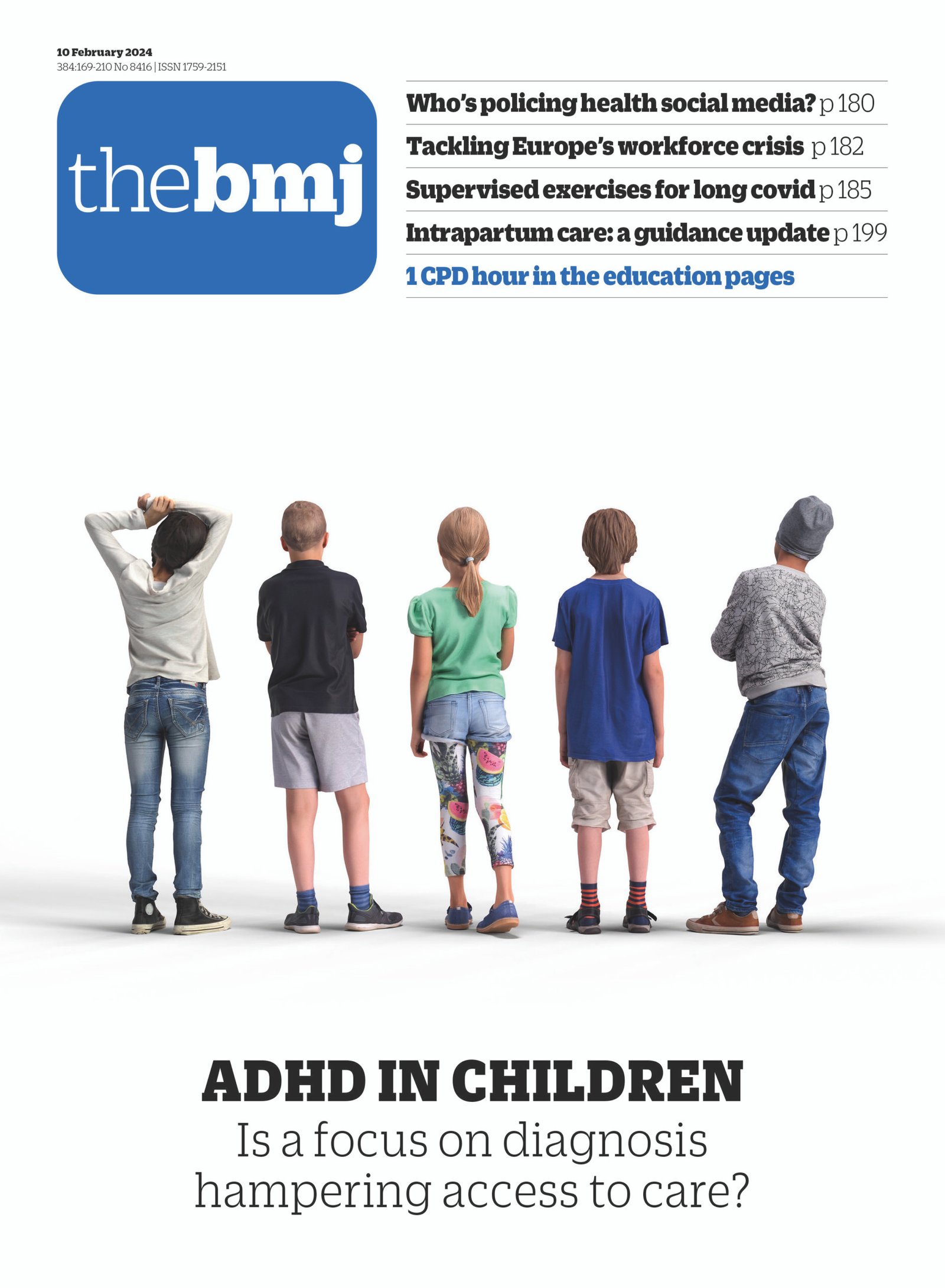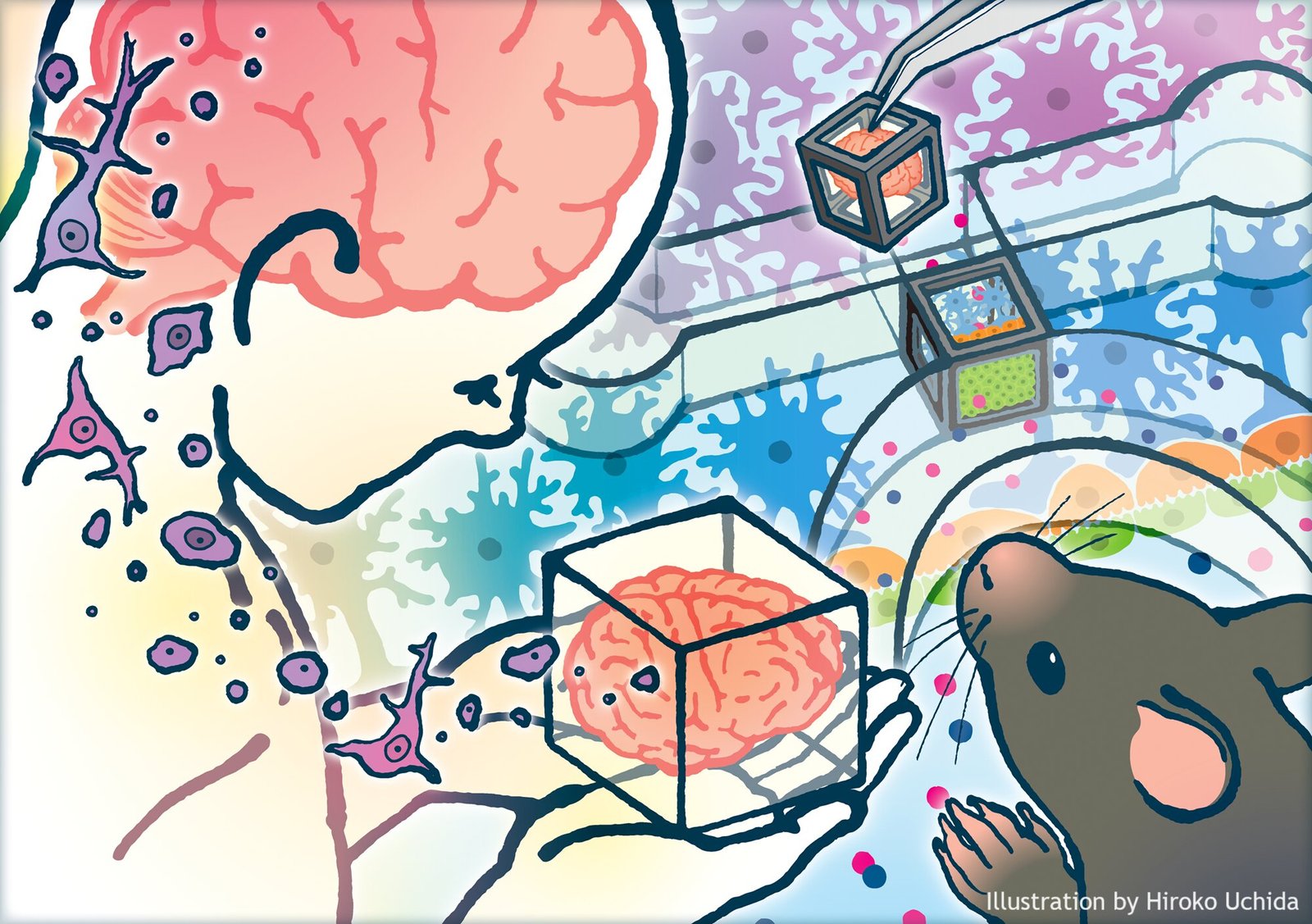Binge eating disorder, the most prevalent eating disorder in the United States, may last longer in individuals than previously thought, a recent study revealed.
Binge eating is characterized by frequent episodes of consuming large quantities of food, even without physical hunger. The affected individuals feel a loss of control over eating during the episode, followed by feelings of distress, guilt, and shame. It affects somewhere between 1 percent and 3 percent of U.S. adults.
The latest study in Psychological Medicine suggests that achieving full remission from binge eating disorder can take several years, with relapses being common. The findings indicate that 61% of individuals still had binge eating disorder 2.5 years after initial diagnosis, and 45% continued to experience it even after five years. This contradicts earlier studies that suggested quicker remission times for this disorder.
“The big takeaway is that binge-eating disorder does improve with time, but for many people it lasts years,” said first author Kristin Javara in a news release.

“As a clinician, oftentimes the clients I work with report many, many years of binge-eating disorder, which felt very discordant with studies that suggested that it was a transient disorder. It’s very important to understand how long binge-eating disorder lasts and how likely people are to relapse so that we can better provide better care,” she added.
The researchers conducted a five-year follow-up study led by investigators from McLean Hospital, involving 137 adults who had binge eating disorder. These individuals were initially assessed for the disorder at the beginning of the study and were re-evaluated 2.5 and 5 years later. The participants had an average BMI of 36 and were aged between 19 to 74.
“After 2.5 years, 61 percent of participants still met the full criteria for binge-eating disorder at the time the study was conducted, and a further 23 percent experienced clinically significant symptoms, although they were below the threshold for binge-eating disorder. After 5 years, 46 percent of participants met the full criteria and a further 33 percent experienced clinically significant but sub-threshold symptoms,” the news release stated.
The researchers also noted that 35% of those who were in remission at the 2.5-year follow-up experienced full relapse or sub-threshold binge-eating disorder at the 5-year follow-up.
Given that the diagnostic criteria for binge-eating disorder have changed since the study’s completion, the researchers anticipate a higher percentage of participants being diagnosed with the disorder during the 2.5 and 5-year follow-ups.










